Debunking Nutrition Myths (Tips from a Registered Dietitian)
- October 22, 2021
- Last Updated: December 21, 2024
- 59 Comments
- Nutrition
Many clients come to me having heard these common food myths, so this post is meant to debunk some of the myths about diet and exercise that you may have heard or still believe.
Debunking nutrition myths is important to do so these falsities don’t continue to propagate in our culture!
Similar to this post on sports nutrition myths, let’s talk about some common food and exercise myths.
As an Amazon Associate, I earn from qualifying purchases || Last updated October 2021
Many of these nutrition myths need to be debunked, as they have been circulating for quite some time.
Nutrition myths seem to get exaggerated and blown out of proportion, so I thought it would be helpful to address some of these, which I also do in my hunger ebook.
1. Gluten Free Is Healthier
Gluten free myths are prevalent in the diet culture we live in. Give The Gluten Lie a read if you’d like a deep dive into this topic.
So, what is gluten? Gluten is a protein found in several grains and additives. While marketers and companies have demonized it, there’s nothing about gluten that is inherently “unhealthy” or bad for you.
There is no reason to avoid it unless you have celiac disease (about 1% of the population) or have been tested to be gluten intolerant, in which case it can be harmful for you and may impair digestion and nutrient absorption.
Many of the products marked gluten-free actually have more fat, sugar or preservatives than traditional products because manufacturers have to add something in to replace the gluten that they are taking out.
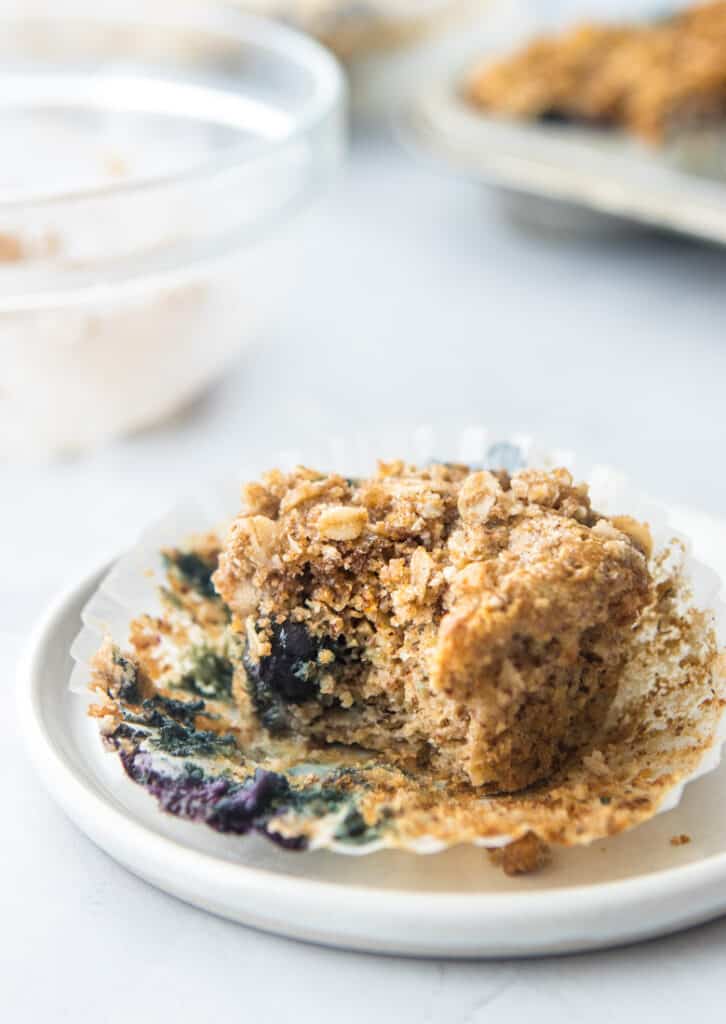
In the recipes I share, I try to be conscious of those who have celiac disease or don’t tolerate gluten.
I do have many gluten free recipes (some of my favorites include gluten free blueberry muffins and almond flour banana muffins), however, that doesn’t make my recipes any “healthier” than if I used ingredients with gluten, like whole wheat flour, farro, rye, barley.
It doesn’t have to be one or the other.
2. Carbs Are Bad
You’ve probably heard somewhere that carbs are bad or lead to weight gain. Avoid bananas and potatoes at all costs!
The truth is, we need carbs for energy. Our body can’t run without glucose, just like cars can’t operate without gas. Glucose is the preferred fuel for our brains and helps give our body the energy for our hearts to pump, our digestion to work.
Plus, carbs are the primary foods full of B vitamins, fiber and other essential nutrients.
When we don’t have enough carbohydrates in our diets, our body breaks down our muscles to use proteins for fuel (more on protein for athletes in this post).

In fact, labeling any food as bad is a major red flag. All foods have a purpose and can be nourishment, whether physical, mental, emotional, or a combination of all.
We talk a lot more about this in our post about why diet’s don’t work.
3. Calories In, Calories Out Myth
Ah, the calories in calories out myth. You’ve probably heard or thought, ‘If I eat below 1500 calories, I will lose weight.”
Weight loss is not so simple, and doing this is actually very stressful for the body. And it’s the main reason why fad diet’s don’t work.
Long term restriction starves the body of essential nutrients and fuel and revs up your stress hormones. Undereating, or not providing our working bodies with enough food, will cause more harm than good and can have major implications in the long run.
If you only know dieting, this post on how to eat like a normal person may be helpful for you!
You’ll also want to be aware of the signs you’re undereating for your workouts, because adding stress from physical exercise on top of stress from undereating is extremely harmful to the body.
Compulsive exercise also has negative side effects in which one may experience.
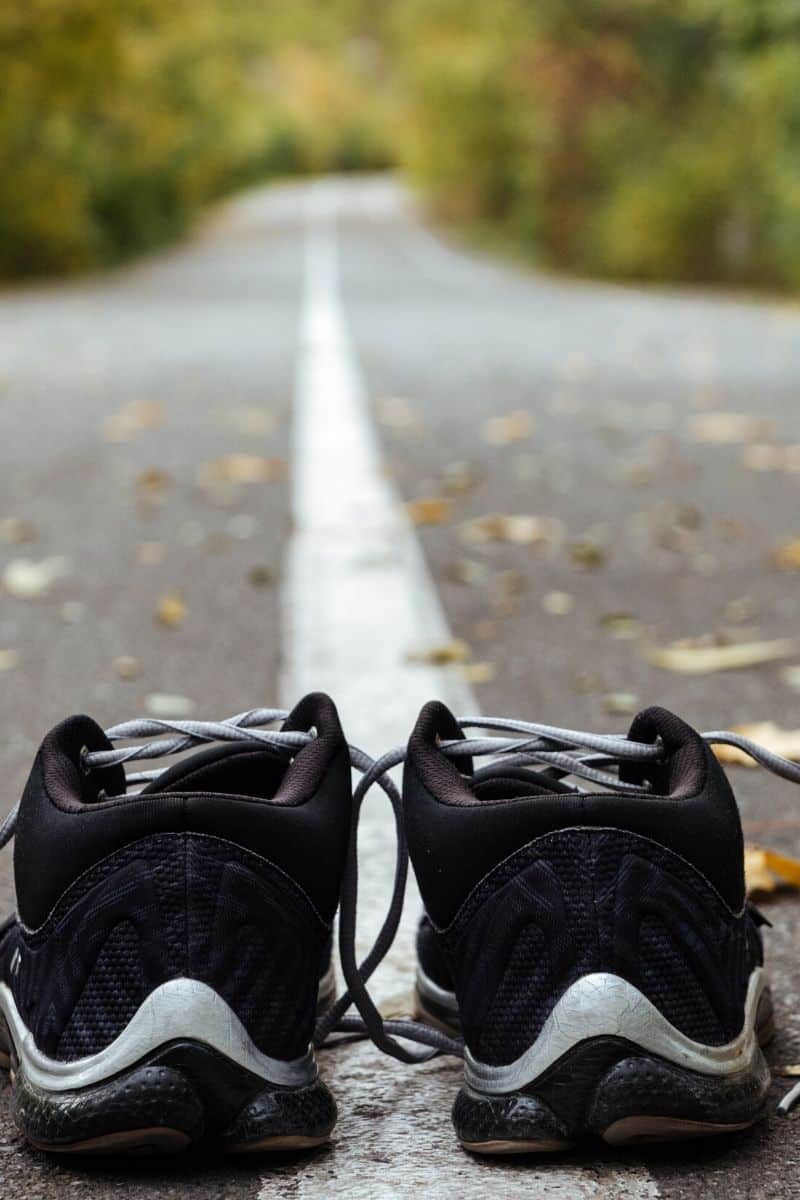
In short, weight loss is more than just calories in and calories out. Hormones, sleep and stress also play a major role in how the body responds.
4. Skipping Breakfast or Fasting
Eating breakfast may have a protective effect on preventing and/or treating type 2 diabetes and promoting overall health in young people.
Furthermore, breakfast helps us start the day with sustained energy, helps us better manage our glucose throughout the day, and helps us distribute energy more evenly throughout the day.
Even if you only have time for something small or a greek yogurt smoothie, something is better than nothing!
Not sure what to eat for breakfast? Try one of these easy meal prep breakfasts or make these high protein overnight oats in advance.
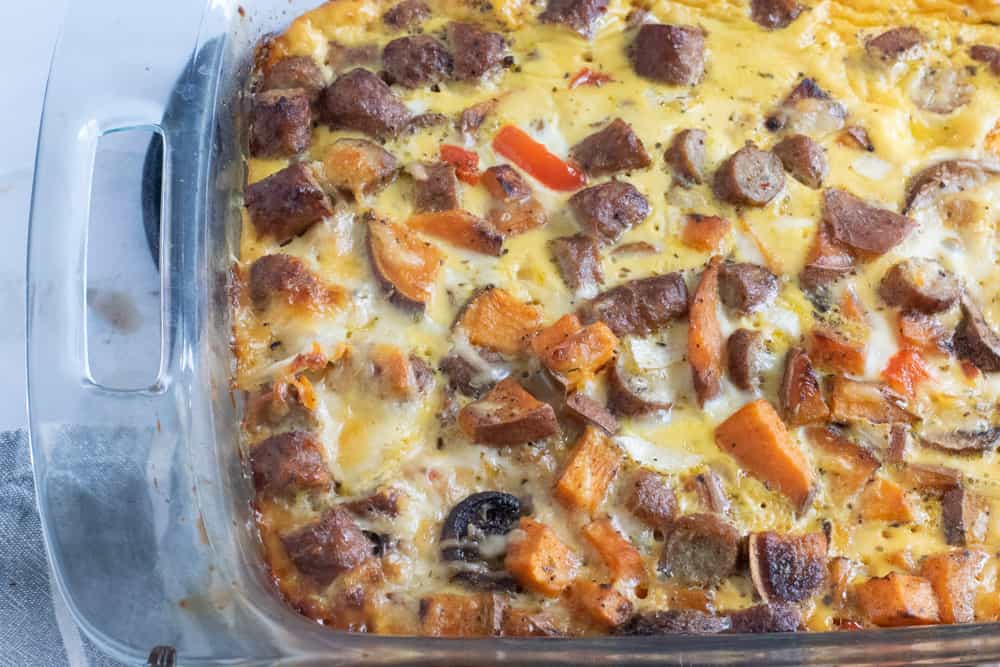
The body is smart and if you skip breakfast or lunch in an attempt to lose weight, the body will catch up on its own terms. This could look like bingeing or overeating later in the day, and may be a reason you feel out of control with food.
5. You Can’t Get Enough Protein on a Vegetarian Diet
It surprises me that many people still aren’t aware of where protein comes from, besides meat. Just to name a few: dairy, eggs, lentils, beans, legumes, nuts, seeds, grains, fish, tofu, tempeh, edamame, etc.
You can also get iron from non-meat sources, such as plants, beans and legumes. Check out more on iron for runners here.
If you’re interested in incorporating more plant-based meals into your lifestyle, check out this post on easy vegan meals. Here are some recipes to start with:
- Lemon Tahini Lentil Dip
- Sweet Potato Kale Hash
- Air Fryer Tempeh
- Tempeh Roasted Vegetable Bowl
- Mango Lime Quinoa Salad
- Eggplant Breakfast Hash
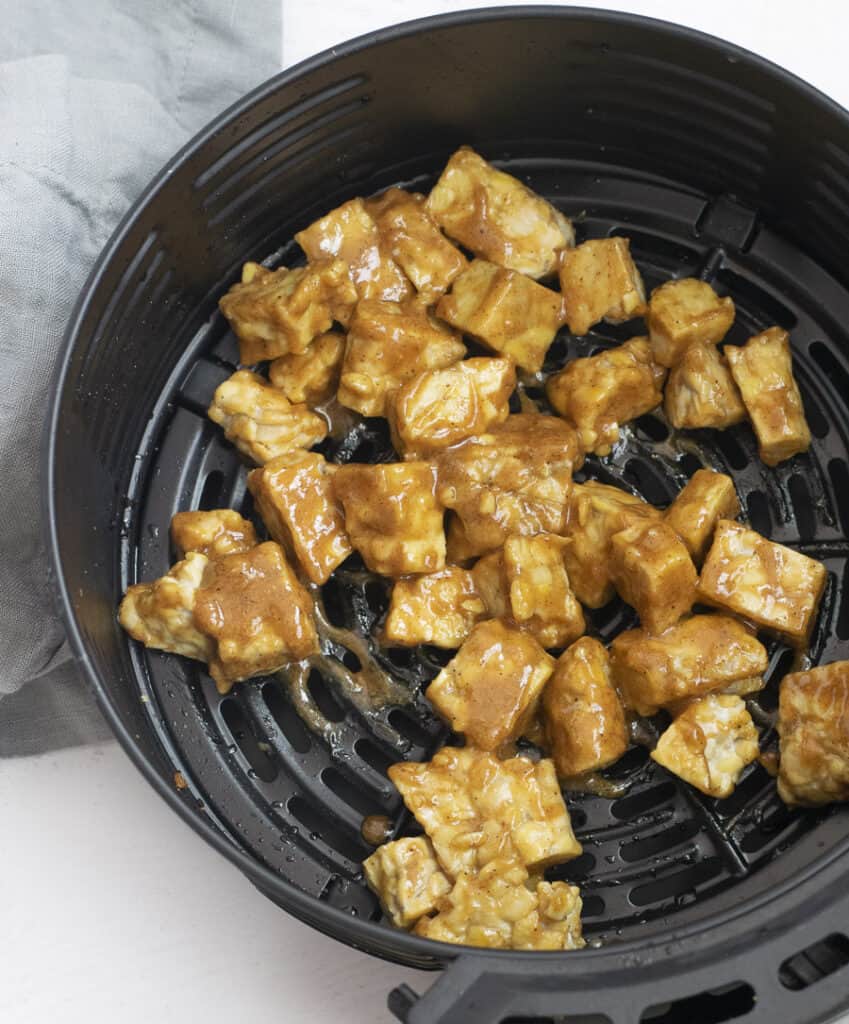
6. Organic Food is Always Healthier
No, you don’t have to purchase organic fruits and vegetables to get the nutrition benefits and live a healthy lifestyle.
There is a time and a place for organic produce. And for people who have the privilege and means to buy organic food, or just prefer organic food, by all means do so. However, traditional produce is just as healthy and confers similar nutrient benefits.
There is something to be said, though, about buying local when you can, because you’re supporting and investing in your local economy and the local food is fresher and more nutritious since there is less storage and transportation needed.

7. Eating Fat Makes You Fat
Thanks to the low-fat craze in the 80’s and 90’s, people became scared of fat and started eating more and more carbohydrates, namely highly processed carbohydrates and sugars.
The Mediterranean diet is consistently named one of the healthiest diets, and it’s one that promotes bountiful unsaturated fats. You need fats to digest certain nutrients (Vitamins A, D, E, K, to name a few), and unsaturated fatty acids have been shown to reduce cholesterol, especially when replacing saturated fat.
Fat is flavor. When you make peace with food, you can practice giving yourself permission to eat foods you like. You may find that when you allow all foods, it’s easier to eat them in moderation.
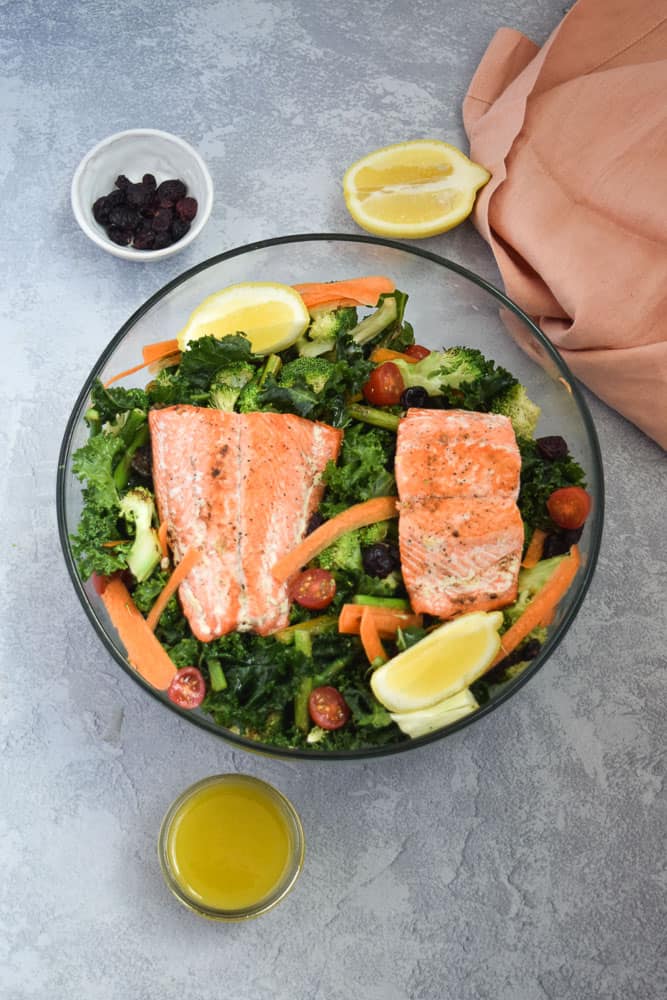
Omega 3 fatty acids are superb for reducing inflammation, which is one reason I’m always trying to up omega 3’s in my athletes too.
Also, on a related note, soy does not promote fat storage. One of my clients came in asking me about this, thanks to the unqualified guy at GNC who told her to avoid soy at all costs.
8. Eating Late at Night Leads to Weight Gain
Timing is not the determining factor of weight gain. There’s a myth about eating after 8pm being “wrong” or “bad” somehow. The thing is, your body or metabolism doesn’t know what time it is. It doesn’t turn off at a certain time.
In this post about why you should eat a protein snack before bed, we talk about how eating a nighttime snack doesn’t necessarily lead to weight gain. There are actually many benefits of eating a nighttime snack, especially if you’re an athlete or under your calorie levels.
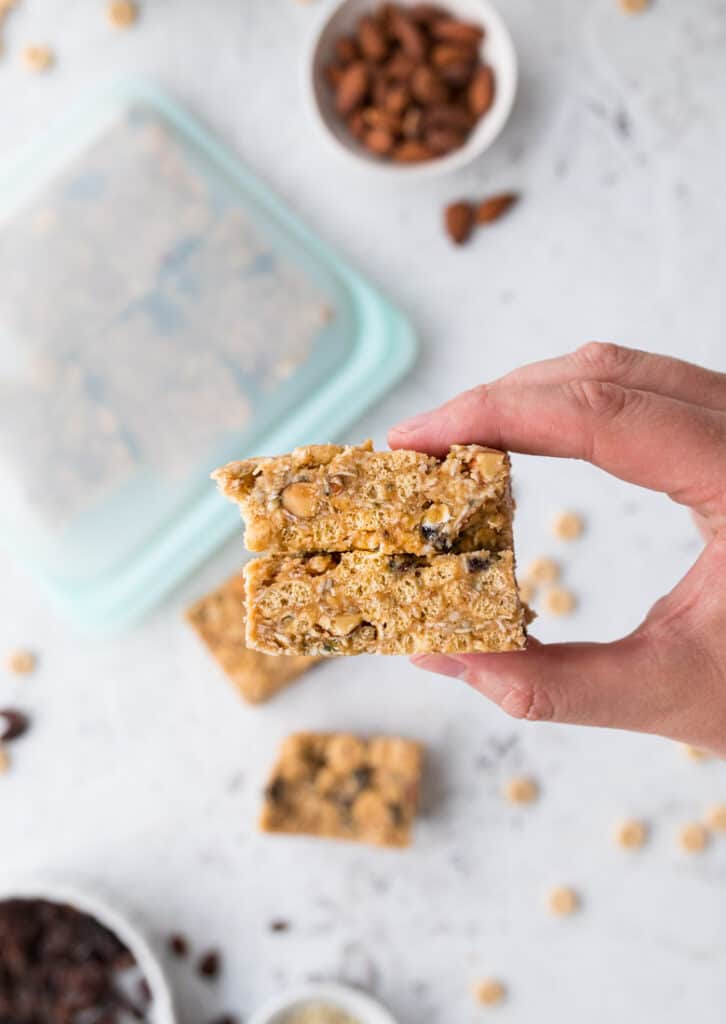
Let’s pretend you didn’t eat enough calories during the day. It makes sense that you’re eating more at night because you’re hungry and your body needs energy. Calories are units of energy, no matter when they are consumed.
9. Everyone Needs to Be on a Supplement
While many people may benefit from a multivitamin or certain supplement, it is definitely not a blanket statement across the board.
Supplements are not under the jurisdiction of the FDA, and therefore, are not regulated. Many supplements are also not third party tested, and have been shown to be harmful or even just a waste of money.
If you are choosing to supplement, do so under the care of a health provider. This post about supplements for runners provides some insight for active people and how to find a quality supplement.
Certain supplements, like leucine and creatine, can have benefits for athletes in particular, but should always be taken under supervision.
I would also urge you to listen to this Nail Your Nutrition episode on supplements.
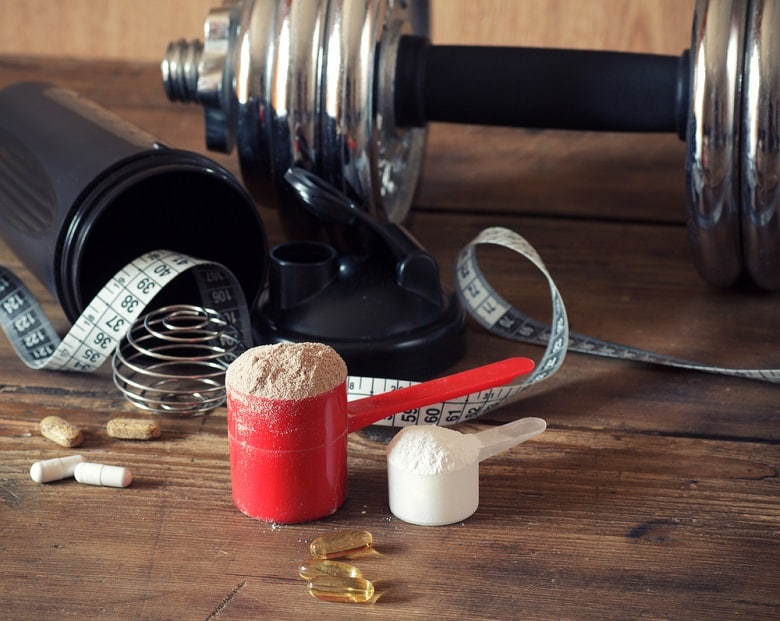
10. Not Having a Period is “Normal”
This one grinds my gears like no other! Doctors who still think this way is frustrating, and this has been proven by the research time and time again to be harmful.
A period is a health sign. If you have lost your period or it’s been missing for months, you should get it checked out, get your hormone levels tested and see a dietitian. You likely need to be eating more, exercising less or a combination of the two.
Relative energy deficiency can affect anyone, whether an athlete or not. And it affects multiple body systems, ranging from endrocrine, to cardiovascular to mood and cognition.
This post about RED-S and energy deficiency shares more about signs and symptoms and treatment.
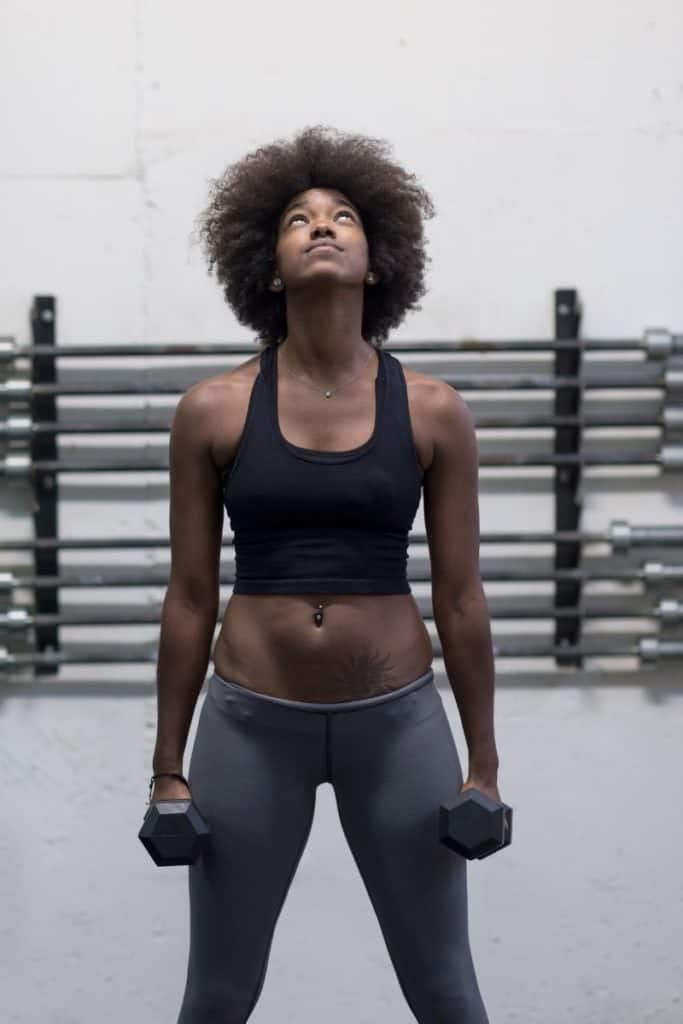
Are these nutrition myths debunked helpful? What else would you like me to discuss?
Resources:
- Tomiyama AJ, Mann T, Vinas D, Hunger JM, Dejager J, Taylor SE. Low calorie dieting increases cortisol. Psychosom Med. 2010;72(4):357-364. doi:10.1097/PSY.0b013e3181d9523c
- Leidy HJ. The Benefits of Breakfast Consumption to Combat Obesity and Diabetes in Young People. American Journal of Lifestyle Medicine. 2013;7(2):99-103. doi:10.1177/1559827612468687
- Hodson L, Skeaff CM, Chisholm WA. The effect of replacing dietary saturated fat with polyunsaturated or monounsaturated fat on plasma lipids in free-living young adults. Eur J Clin Nutr. 2001;55(10):908-915. doi:10.1038/sj.ejcn.1601234
- Sullivan R, Sarker A, O’Connor K, Goodin A, Karlsrud M, Gonzalez G. FINDING POTENTIALLY UNSAFE NUTRITIONAL SUPPLEMENTS FROM USER REVIEWS WITH TOPIC MODELING. Pac Symp Biocomput. 2016;21:528-539.
- Mountjoy M, Sundgot-Borgen J, Burke L, et al. The IOC consensus statement: beyond the Female Athlete Triad–Relative Energy Deficiency in Sport (RED-S). Br J Sports Med. 2014;48(7):491-497. doi:10.1136/bjsports-2014-093502
Explore More Recipes
NutritionSupport Bucket List Tummy

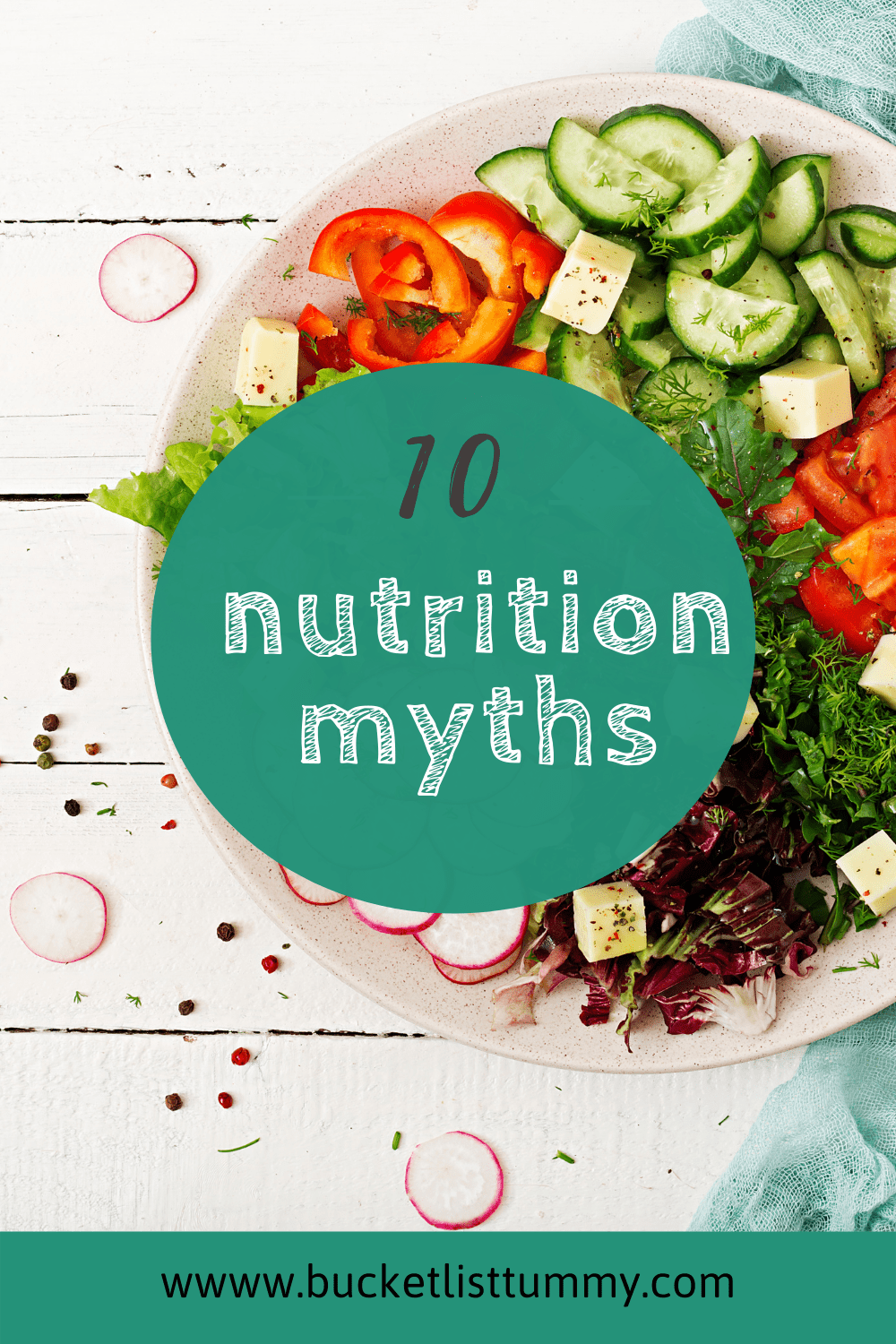


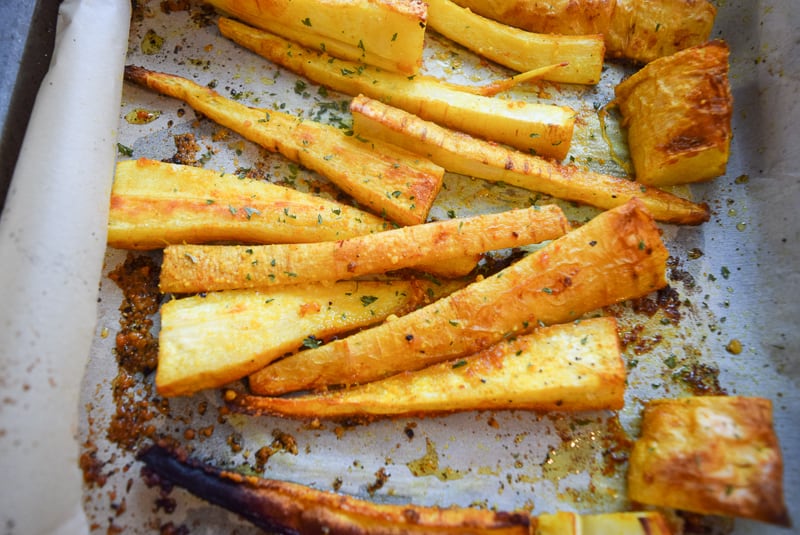
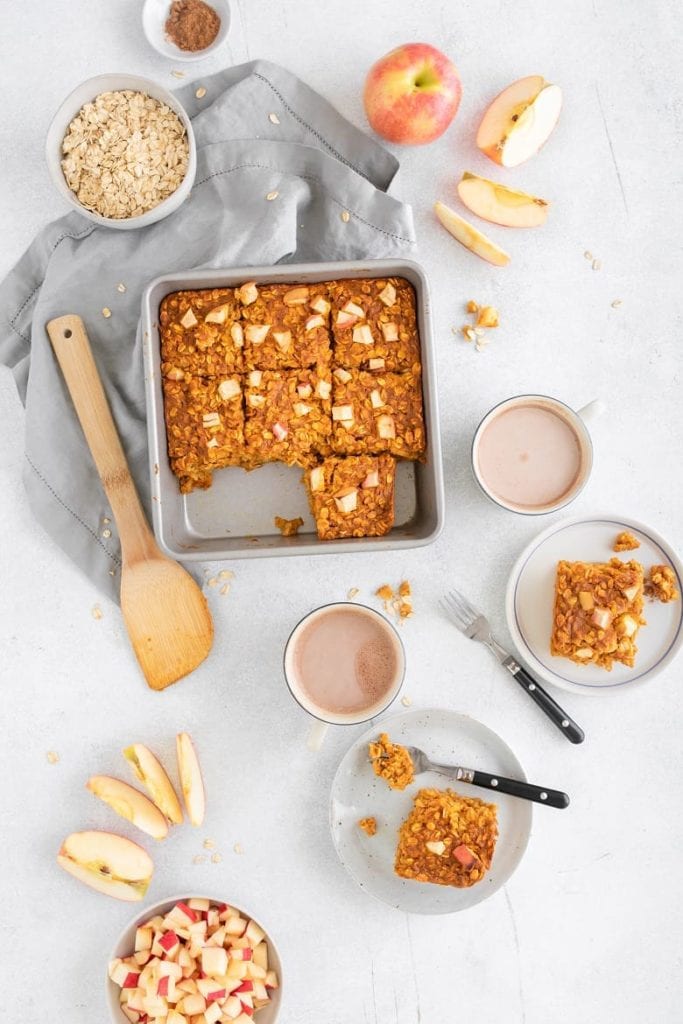

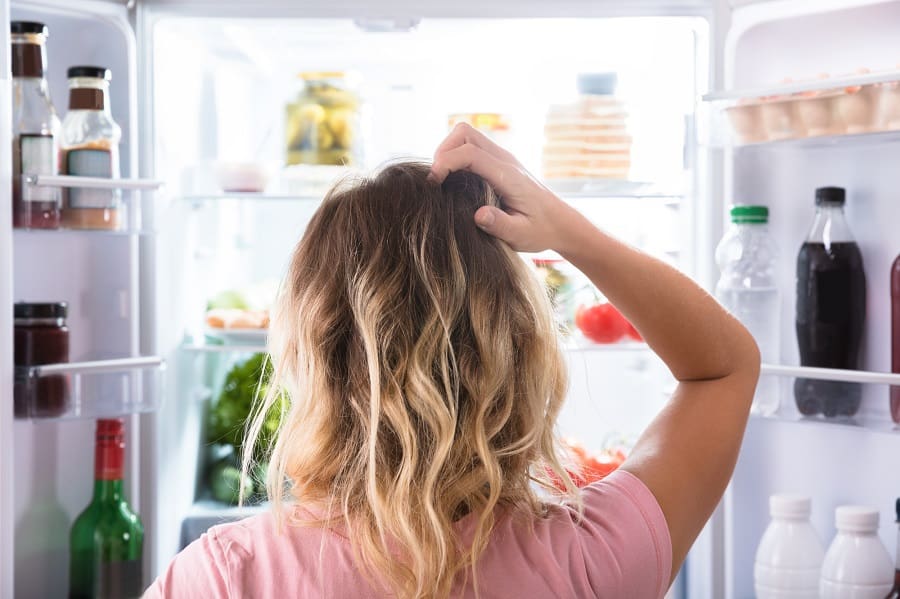
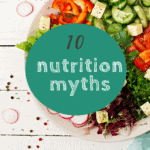
Like This Content?
Support Bucket List TummyYes! You are so right! What’s most important when maintaining a healthy lifestyle is filling up on healthy, nutrient-rich foods! Nicely said! Thanks so much for addressing this!
Thanks for sharing this! I’ve never really understood why some people keep painting carbs as big bad villains! Your body needs carbs to feed muscles and for energy, why on earth would you take it out of your diet! Like all things, you just need to keep it to a minimum but don’t take it out!
Great list of nutrition myths! One of the more common ones we have seen is the “If i eat fat, I will be fat” myth, glad you included that one in your list because it’s such an important myth people should be aware of. We actually asked 48 Registered Dietitians to list 1 nutrition myth in an expert roundup we did not too long ago, we’d love to include you in our next roundup as well! http://www.nutritionfox.com/nutrition-myths/
LOVE this post! So many people are misinformed about nutrition and it drives me nuts. My biggest pet peeves are when people say eating late makes you fat or gluten free means healthier- just no! LOL
So much misinformation!
BIG HUGE YES TO NUMBER ONE! As a coeliac I ALWAYS have people either asking me for advice on gluten free diets because “they “want to get healthy’ or when I tell someone I’m a coeliac and need to eat gluten free they say “ohhhhhhhh, that’s why you’re thin…. because you eat gluten free”… er, no.
Gluten is so confusing to people, for some reason!
I love your posts like these! And those burgers look delicious 🙂
Thanks, Amanda!
I love all of these. My favorite is the craze with gluten free. 🙂 I do like to incorporate is a bit in my diet to test out new recipes, but it doesn’t make the recipe any healthier.
Agreed!
I love this post! Thanks so much for sharing! I went vegan about half a year ago and I have been amazed at how few people actually think that meat is the only source of protein out there! Thanks for spreading the word! Also I tend to feel really guilty when I eat at night (even if I am really hungry) so thanks for clearing that up! Great post 🙂
xx Annie
http://www.somethingswellblog.com/
I’m glad you find it helpful! So many other sources of protein!
You had me at chocolate peanut butter cookie dough bars! Those look (and sound) absolutely incredible.
And of course, great post as always. the 1500 calorie thing blows my mind. I say the more the better for speedy metabolisms! 🙂
Agreed 🙂
A-freakin’-men to every number of this post! Thanks for sharing the knowledge that so many people need to hear!
Glad it was helpful, Casey!
Yes! Ive heard so much crazy stuff! The not eating late at night thing is sooo common. Love how you broke each one down. Also, i need to make those bars because they look insanely delicious.
Hows the chobani watermelon? Ive never had that flavor!
It wasn’t my favorite flavor, I don’t think I’d buy it again. I’ll just stick with fresh watermelon!